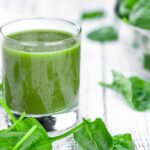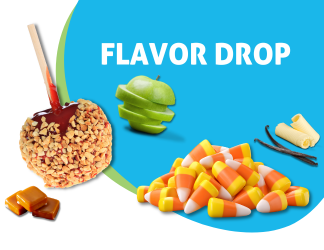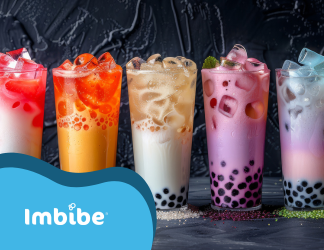 It’s fair to say that consumers have altered routines, traditions, and social lives during two years of pandemic living.
It’s fair to say that consumers have altered routines, traditions, and social lives during two years of pandemic living.
Just consider that many have had to become their own bartenders and baristas while hunkered down at home. And to keep up with ever-changing global health protocols and guidelines, consumers have incorporated more healthy habits that might now become true behavior patterns.
Pardon the play on words but it’s a quite a fluid market. Functional beverages deliver the nutritional benefits that consumers are looking for and the North American functional beverage market is expected to grow at a CAGR of 7.02% from 2021-2026 (Mordor Intelligence). Meanwhile, continued labor and supply chain shortages also are affecting the availability of certain ingredients and products at grocery stores, restaurants, and bars. As might be expected, this is forcing consumers to adapt. As of January 2, 2022, market tracker IRI reported beverage shortages in U.S. grocery stores are at 14%.
When consumers are finding products on shelf, their two primary purchase motivators can be termed as “Good for You” (GFY) and/or “Good for the Planet” (GFP).
Read the full article on Prepared Foods.



